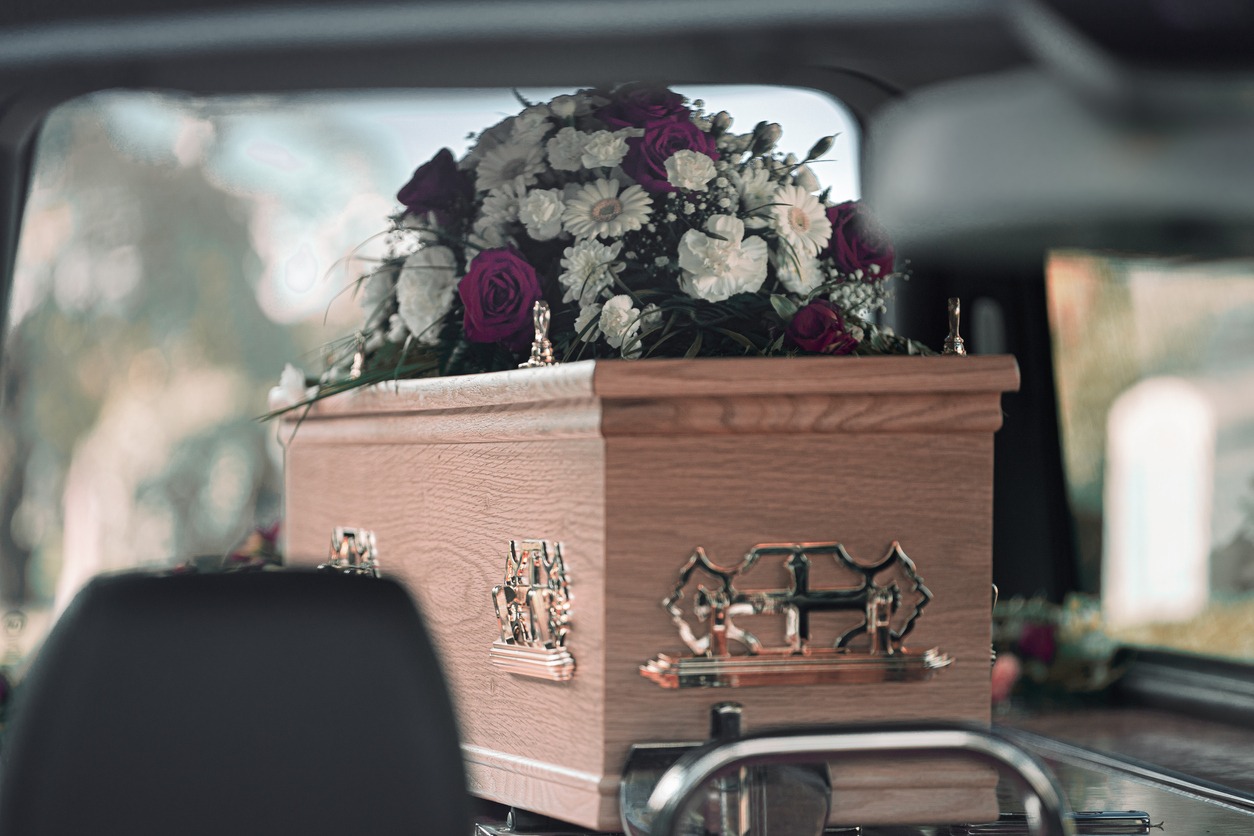Final Arrangements: Who Takes Responsibility for a Funeral?
After a death, one of the first tasks is to arrange the funeral. This is generally carried out by the deceased’s next of kin, whether or not they are an executor to the estate. We take a look at the legal position and who has the responsibility for a funeral.
In some cases, it may be fairly obvious who will take charge of funeral arrangements after a death. For example, if an older person dies and does not leave a spouse but names their son or daughter as their executor, the son or daughter would normally be the one to deal with the funeral. However, if the executor is not the deceased’s closest relative, then the executor might not be the best person to make the arrangements.
Who is responsible for arranging a funeral?
The deceased’s executor has the authority to make funeral arrangements. Although in some cases other family members may be better placed to deal with matters. For example, the executor may be a professional such as a solicitor or bank. Where the executor is agreeable, it is acceptable for others to make the arrangements.
If the deceased did not leave a Will, then their next of kin who are entitled to be the estate administrator can deal with the funeral. The Rules of Intestacy determine who inherits the estate in order of preference. It is usually one of these individuals who would put themselves forward to be the administrator.
Communication is very important when dealing with funeral arrangements to ensure that everyone understands what will happen. All of the deceased’s family will wish to have their say. Emotions run high after a death and if individuals feel excluded, it could potentially cause ill-feeling and even a dispute.
Who is responsible for funeral costs?
Funeral costs are usually ultimately paid from the deceased’s estate. However all of the expenses will need to be paid upfront before estate funds are available. The funeral home and other organisations such as caterers, venues and florists will require payment at the time they are booked. The person doing the booking and signing the contract will be responsible for paying.
They should keep all of the receipts so that a claim can be made against the estate in due course.
How to pay for a funeral
Some people may have a pre-paid funeral plan in place, which will cover some of the costs. If the executor or other person making the arrangements is not able to pay, then the executor or administrator can ask the deceased’s bank to pay the funeral director. This is reliant upon there being sufficient money in the account.
Most banks will release money to pay for a funeral or pay the funeral home directly. Alternatively, the deceased may have had a life policy in place which might be accessible for funeral expenses.
Funeral wishes
The deceased may have left funeral wishes, either in their Will or other separate document. This can be very reassuring and helpful for their loved ones. They will be able to make arrangements knowing that it is what their relative would have wanted. Funeral wishes are not legally binding however, meaning that the executor does not have to follow the directions exactly.
Contact Us
If you would like to speak to one of our experts call us FREE on 0800 781 6658 or email us at enquiries@estplan.co.uk

Our services help numerous clients and their families to proactively safeguard their wealth and optimise inheritance for cherished beneficiaries. Plan for the future now, ensuring later-life protection and certainty for your loved ones.
